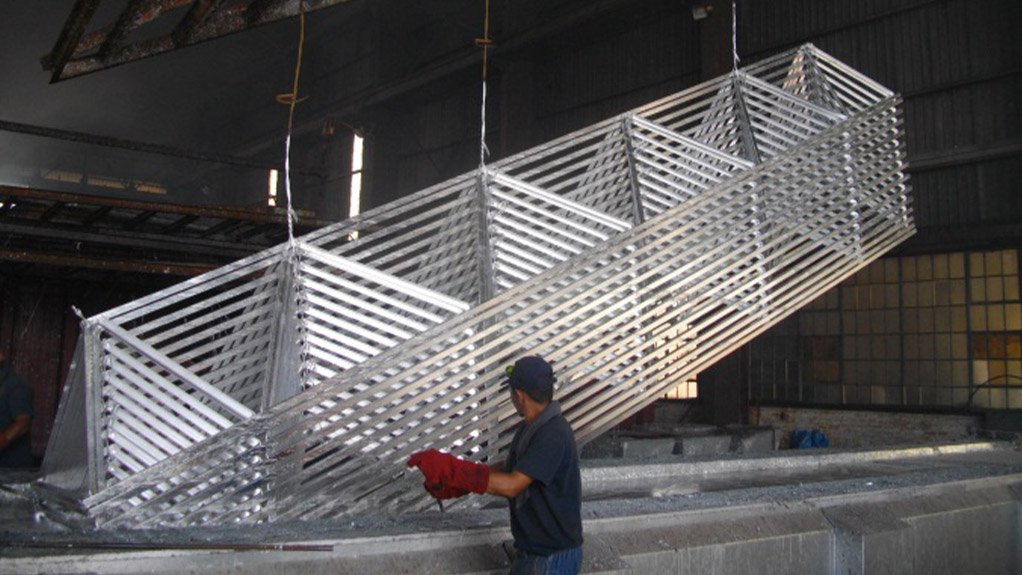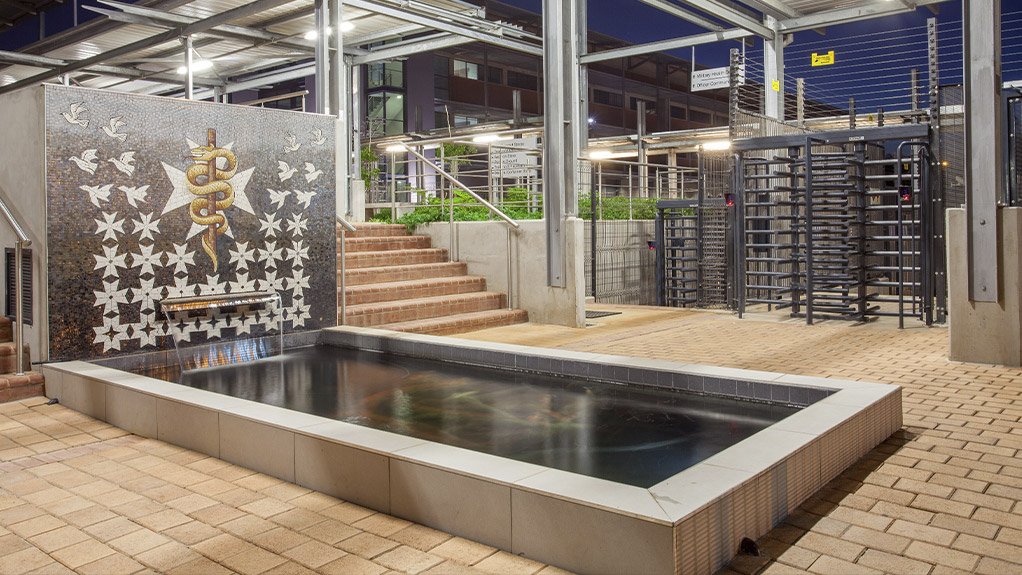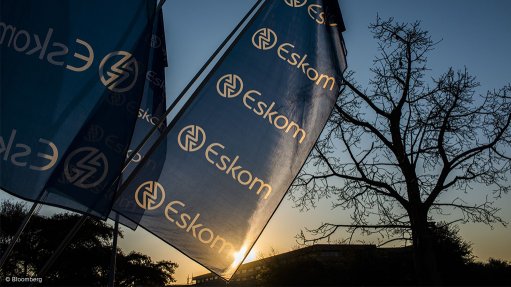Association highlights advantages of hot dip galvanising



TAKE A DIP Dipping steel into molten zinc allows for an effective corrosion barrier
PRETTY AS A PICTURE Galvanised steel can serve an aesthetic and a functional purpose
The steel industry has not been immune to the pressures of the recent global and domestic economic challenges and, as a result, a notable reduction in local consumption has been filtering through to the hot dip galvanising industry.
Hot dip galvanising is a corrosion-control process for steel or iron in which clean, oxide-free iron or steel is submerged into molten zinc. A metallurgical reaction occurs to form a zinc and zinc-iron alloy coating that bonds with the iron or steel’s surface.
The hot dip galvanising process protects the surface against corrosion by providing protection for the iron or steel surfaces in two ways.
Firstly, the zinc coating acts as a barrier which shields the base metal from the atmosphere. Secondly, as zinc is electronegative relative to iron or steel, the zinc provides cathodic or sacrificial protection if the surface becomes scratched and the base metal is exposed.
The zinc is preferentially consumed, while the iron or steel remains protected from corrosion.
There are also developments in coating products containing zinc and zinc flakes. These zinc-rich paints often leverage the tenuous connection, through the zinc similarity, with the hot dip galvanising process and purport to be “cold” galvanising.
Hot Dip Galvanizers Association Southern Africa (HDGASA) executive director Robin Clarke says to mitigate the challenges the industry faces, HDGASA successfully operates through networking with various roleplayers in the industry, interacting with engineers and architects, for example, all of which has a knock-on-effect in attracting and retaining members.
HDGASA is also closely aligned with associations in Europe, Australasia and the US, whereby these developed relationships assist in sharing information regarding industry trends, challenges and opportunities.
“Hot dip galvanising has been the core of numerous derivative coating products, mostly metallurgical variations of zinc alloyed with aluminium and/or magnesium,” says Clarke.
It can be applied to iron and steel in the metals’ manufactured permutations and is also favoured because of its cost, ease of application and comparatively long maintenance-free service life.
Further, applied coating technologies, such as barrier paints, continue to advance. With such technologies, the preparation of the substrate prior to hot dipping is critical to prevent undercorrosion creep. The fundamental advantage of hot dip galvanising is that no coating will form on dirty steel.
Clarke asserts that this, together with the two levels of protection – barrier and cathodic protection, has allowed hot dip galvanising to remain a staple in the field of corrosion control.
Skills Development
Among the variety of courses that the HDGASA delivers, two deal with the mechanisms of corrosion, the way in which zinc acts as a protective substance, the actual hot dip galvanising process and the South African National Standards to which hot dip galvanised products must be evaluated.
The HDGASA also offers either a one-day course with an exam or a three-day course with three separate exam papers to qualify. These courses offer continuing professional development points through the Southern African Institute of Mining and Metallurgy.
Candidates who achieve 80% for the three-day course are awarded hot dip galvanising inspectors status, with an HDGASA membership card to identify him or her as a qualified inspector.
In-house training at galvanisers is also provided to assist with staff development and skills upliftment.
Clarke adds that a proposal for a South African Qualifications Authority accreditation and subsequent Manufacturing, Engineering and Related Services Sector Education and Training Authority registration has been completed and is under consideration.
“The HDGASA offers an independent inspection service, checking for compliance against the relevant standards,” he says.
The association also liaises with regulatory and standards authorities governing the corrosion control and associated industries on behalf of its members to maintain a highly professional industry on par with global players, Clarke concludes.
Article Enquiry
Email Article
Save Article
Feedback
To advertise email advertising@creamermedia.co.za or click here
Press Office
Announcements
What's On
Subscribe to improve your user experience...
Option 1 (equivalent of R125 a month):
Receive a weekly copy of Creamer Media's Engineering News & Mining Weekly magazine
(print copy for those in South Africa and e-magazine for those outside of South Africa)
Receive daily email newsletters
Access to full search results
Access archive of magazine back copies
Access to Projects in Progress
Access to ONE Research Report of your choice in PDF format
Option 2 (equivalent of R375 a month):
All benefits from Option 1
PLUS
Access to Creamer Media's Research Channel Africa for ALL Research Reports, in PDF format, on various industrial and mining sectors
including Electricity; Water; Energy Transition; Hydrogen; Roads, Rail and Ports; Coal; Gold; Platinum; Battery Metals; etc.
Already a subscriber?
Forgotten your password?
Receive weekly copy of Creamer Media's Engineering News & Mining Weekly magazine (print copy for those in South Africa and e-magazine for those outside of South Africa)
➕
Recieve daily email newsletters
➕
Access to full search results
➕
Access archive of magazine back copies
➕
Access to Projects in Progress
➕
Access to ONE Research Report of your choice in PDF format
RESEARCH CHANNEL AFRICA
R4500 (equivalent of R375 a month)
SUBSCRIBEAll benefits from Option 1
➕
Access to Creamer Media's Research Channel Africa for ALL Research Reports on various industrial and mining sectors, in PDF format, including on:
Electricity
➕
Water
➕
Energy Transition
➕
Hydrogen
➕
Roads, Rail and Ports
➕
Coal
➕
Gold
➕
Platinum
➕
Battery Metals
➕
etc.
Receive all benefits from Option 1 or Option 2 delivered to numerous people at your company
➕
Multiple User names and Passwords for simultaneous log-ins
➕
Intranet integration access to all in your organisation



















